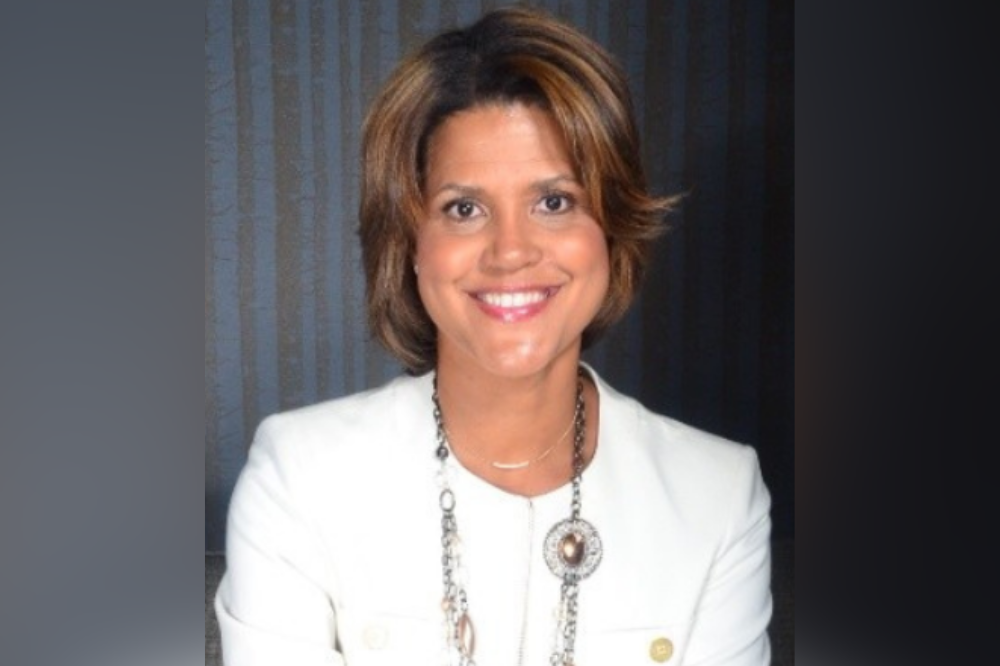Diversity and equity strategies need more ‘teeth’ – Munich Re exec

“I can remember still hearing about secretarial pools where all the women worked in a separate floor away from the men,” Jolly told Insurance Business.
“There have been instances, such as in a meeting or an industry social setting, where comments were made that would be considered sexist.
“You had to figure out how to best respond in those instances because you still wanted to be respectful.”
Now senior broker relationship leader at Munich Re America, Jolly said the insurance industry has come a long way, but not nearly far enough, to create a truly inclusive industry.
“Have we done better about having conversations around gender and race disparity in our industry? Yes,” she said.
“But now the responsibility remains for all in our industry to put some teeth to those conversations.”
‘Still a way to go’
At Munich Re, Jolly is responsible for leading strategic engagements and broadening relationships with broking partners. Prior to this, she worked with WTW as a global client advocate and spent 12 years with AIG, where she served as a vice president and executive director of client engagement for the AIG US south zone.
Since she started in insurance, the industry has made incremental progress in moving the needle for women, minorities, and other historically oppressed groups.
“It’s been great to watch the evolution of our industry,” Jolly said. “There are members of the industry who are doing fantastic work when comes to diversity, equity, and inclusion (DE&I), but we still have a way to go.”
But she also posed a question to firms: “How do we become more inclusive by having more diverse employees who are part of the success we’re trying to achieve while making an impact on the communities where we do business?”
The Munich Re executive counts her experiences as a black woman trying to climb the ranks of insurance as a unique challenge during a time where there were few people like her to serve as mentors and sponsors.
“I was seeking role models who had ascended and been promoted [to senior levels] within the firms so that I could feel like I could do that too,” Jolly said.
“But there were few people of color in senior and executive roles when I started in the industry. So, [one of the challenges was] getting comfortable moving within firms where you were the only person of color in a meeting, and looking for promotion opportunities and senior executives who could sponsor you.”
Two steps toward DE&I
To help create more opportunities for young insurance professionals, Jolly has given her time and advocacy to groups advancing diversity and equity. She co-leads the HYPE (Helping Young Professionals Excel) program for the National African American Insurance Association-Atlanta Chapter.
What more can insurance leaders do to move the industry closer to a more diverse and inclusive place?
The first step is to demonstrate sincere, real commitment to diverse and inclusive hiring and retention practices, according to Jolly.
“It’s great for us to want to push these initiatives within rank and file employees in our firms, but lacking the commitment from senior and executive levels would make it especially challenging,” she said.
Exploring historically black colleges and universities for potential recruits, providing resources for employees from diverse backgrounds, and creating spaces of support and community for individuals impacted by discrimination due to their their race, gender, age, or other factors, are some ways for organizations to position themselves for success in their DE&I programs.
The second step, according to Jolly, is to create ongoing conversations between leadership and staff about uncomfortable issues, such as continued violence against black people and minorities.
“When you look at firms who are holding these challenging or difficult conversations, they are moving towards solutions and understanding rather than being scared to step into the water,” she said.
What are your thoughts on the insurance industry’s DE&I journey? Share them in below.





